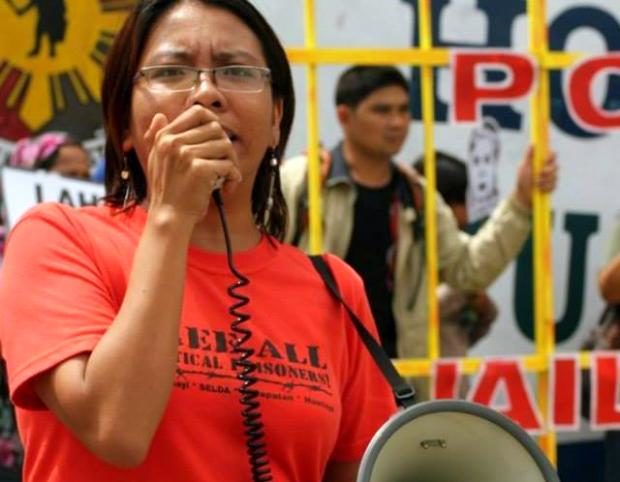
Local human rights group Karapatan on Monday, February 18, criticized the government’s move to delist over 600 cases of enforced and involuntary disappearances in the Philippines, calling it “an extension of a grave injustice”.
“This can only be an extension of the grave injustice that the kin of desaparecidos have gone through and fueling impunity beneficial to the perpetrators,” Karapatan Secretary General Cristina Palabay said as reported by The Philippine Star.
Karapatan urged the United Nations Working Group on Enforced or Involuntary Disappearances (UNWGEID) not to approve the said move after senior government officials formally asked the delisting of 625 cases of disappearances.
“The victims have been abducted and are still missing and yet the government even wants to obliterate their families’ efforts to seek justice. The Philippine government is desperately trying to deodorize the stench of the atrocities that its state forces have committed at the expense of the victims and their families,” Palabay added.
The human rights group leader dissected the intent of the Presidential Human Rights Committee Undersecretary Severo Catura in initiating the delisting from 1975 to 2012. She said that the administration should be reminded of the crimes and abuses that happened in the past.
“What is the real intention behind this? Unfortunately for the Duterte government and its predecessors, they do not deserve a clean slate. They deserve a strong and consistent reminder of the crimes and atrocities committed against the Filipino people,” Palabay said.
Officials led by Catura assured the UNWGEID in Saravejo, Bosnia-Herzegovina that a strong legal framework and institutional mechanisms in addressing desaparecidos have been established by the Philippine government.
However, Palabay disputed the government’s claim, noting that most of the disappearances were attributed to government forces. She reached out to the United Nations agency to intervene and prevent the “outright whitewashing of these hideous crimes.”
“We ask the UNWGEID to visit the country now. We went to your office because all legal remedies inside the country have failed. We want you to intervene in the search for justice for these crimes against the Filipino people,” the secretary-general asked as reported by the Philippine Daily Inquirer.
According to the data acquired from other human rights groups, Karapatan said that at least 759 individuals disappeared during the late dictator Ferdinand Marcos’ term, 821 during Corazon Aquino’s term, 39 during Fidel Ramos’ term, 26 during Joseph Estrada’s term, 206 during Gloria Macapagal-Arroyo’s term, 29 during Benigno Aquino’s III term and eight during Rodrigo Duterte’s term.
“What remains a barrier is the government’s denial that such forms of human rights violations continue to this day. We have faced one brick wall after [another] even in obtaining substantial responses [from] government agencies on the whereabouts of disappeared persons,” she added.
“Since domestic mechanisms have failed in attaining justice, families of the disappeared have sought redress through international mechanisms, such as UNWGEID, to underscore the fact that their loved ones remain missing, that the victims and the crimes against them should be recognized and that the state remains accountable for these,” Palabay added.
The administration promised the UN delegation that they would continue to assist families of the disappeared. The Department of Justice (DOJ) took up 105 of the cases in violation of the Anti-Enforced or Involuntary Disappearance Act of 2012 and the Human Rights Victims Recognition and Reparation Act of 2013.



